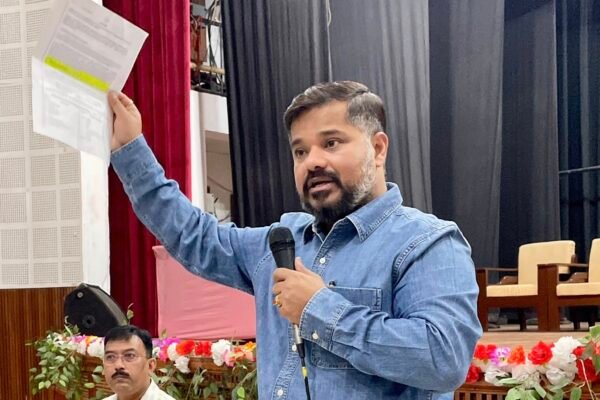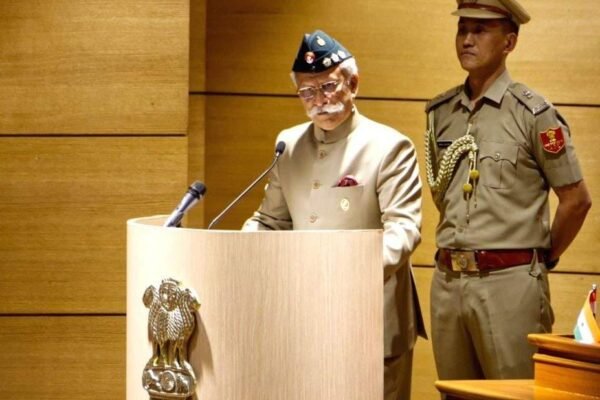- NET Web Desk
With demands escalating from time to time for the inclusion of Khasi & Garo languages into the Eighth Schedule of Indian Constitution, and several attempts been made from different fronts to attain the same matters that culminated inconclusively is now been expected be taken-up by the National Human Rights Commission (NHRC).
Keeping in view of the same, the Meghalaya Peoples’ Human Rights Council (MPHRC), on Wednesday requested the National Human Rights Commission (NHRC) to take-up the matter with Government of India, and urge for recognition of these two linguistics.
This issue remained pending even after the Meghalaya Legislative Assembly passed a resolution for inclusion of Khasi and Garo languages into the Eighth Schedule of the Constitution of India.
Earlier, the Minister of State (MoS) for Home Affairs, Nityanand Rai while addressing the same issue during a Lok Sabha session asserted, “Evolution of dialects and languages is a dynamic process influenced by socio-cultural, economic and political developments, and its difficult to fix any criteria for languages, whether to distinguish them from dialects or for their inclusion in the Eighth Schedule to the Constitution.”
Speaking at the two-day ‘Open Hearing and Camp Sitting’ organised by the NHRC, which concluded on Wednesday, the MPHRC urged the apex human rights body to recognize the United Nations Declaration on the Rights of Indigenous Peoples (UNDRIP), which was adopted by the UN General Assembly in 2007.
The Meghalaya human rights Council have also highlighted the recent clamour escalating across Northeastern states ‘Armed Forces Special Powers Act (AFSPA), 1958 Repeal’.
“Though Meghalaya is already out from the purview of the Act, however, we are extremely concerned that AFSPA gives armed forces the power to use force or even open fire after giving due warning if they feel a person is in contravention of the law,” – stated the recommendation.
Its worthy to note that protests regarding the same escalated after 14 civilians identified as coal-miners were gunned down by security forces in Mon district of Nagaland on December 4th & 5th.
On June this year, the Centre had declared Nagaland as “Disturbed Area” and further extended the operation of the Armed Forces (Special Powers) Act, 1958 for 6 more months. The AFSPA has been in force in Nagaland for several decades.
Disturbed Areas (Special Courts) Act, 1976, asserts that once declared “disturbed”, the area has to maintain the status quo for a minimum of three months. Under this act, in a “disturbed” area, an officer has full power to warn, or open fire and other kinds of forces against the person who is acting against law.
Furthermore, the MPHRC also recommended the ratification of UN Convention against Torture, thereby placing a Draft Prevention Bill in the Parliament to transform the same into an act.
“The National Human Rights Commission, NHRC, India recommended payment of ₹15 lakh as relief in different cases of violation of human rights of different communities of the people in the States of Meghalaya, Mizoram and Tripura. During the hearing of 19 cases, the State Governments’ officers informed that they have already paid ₹10.54 lakh as per the recommendations of the Commission in some cases to the victims and the remaining amount of ₹46,000/- will be being disbursed soon and the proof of payment will be submitted to the Commission.” – informed a press release issued by the NHRC.









